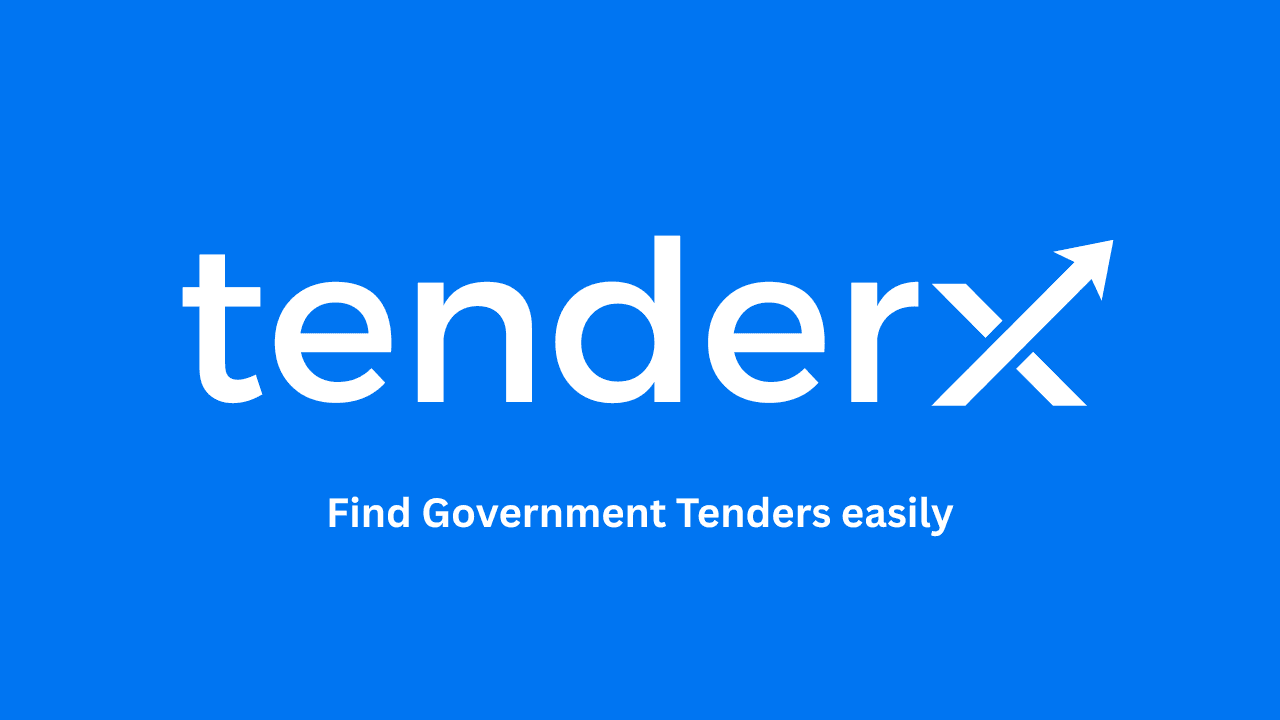RFQ: Mastering the Request for Quotation Process
Learn the complete request for quotation process. Understand RFQ documents, how to respond, and the key differences between RFP and RFQ in procurement.

Mastering the Request for Quotation (RFQ) Process
In the competitive world of business and procurement, securing the best deal is as vital as acquiring the right product. This is where the Request for Quotation, or RFQ, becomes an indispensable tool. An RFQ is a standard procurement document, but its effective use can be a game-changer. Let's break down the entire request for quotation process step-by-step, empowering you to handle RFQs with confidence, whether you are a buyer or a seller.
What is a Request for Quotation (RFQ)? ❓
An RFQ is a formal request sent by a buyer to potential suppliers, asking for a price quote on specific goods or services. The key here is specificity; the buyer has already determined exactly what they need. Now, they are focused on finding out how much it will cost from various sellers.
The RFQ in procurement is most effective when:
- The requirement is straightforward, repetitive, or well-defined.
- The product or service is standard, so there's no need to evaluate different 'solutions'.
- Price is the primary decision-making factor.
In essence, buyers use an RFQ when their need is clear, and their goal is to compare costs from multiple suppliers efficiently.
What to Include in an RFQ Document? 📝
A well-structured RFQ document eliminates ambiguity and ensures you receive relevant, comparable quotes. While the format can vary by industry, a comprehensive RFQ should always contain the following elements:
- Buyer’s Details: Your name, organization, and contact information.
- Description of Goods/Services: A clear and concise description of what you want to buy.
- Technical Specifications: Details like size, material, performance standards, etc.
- Quantity: The exact number of units required.
- Delivery Details: The required location and deadline for delivery.
- Terms & Conditions: Payment terms, warranties, and other contractual obligations.
- RFQ Submission Deadline: The final date and time for suppliers to submit their quotations.
- Evaluation Method: A brief on how the quotes will be assessed (e.g., lowest price, fastest delivery).
A typical RFQ is just one or two pages long. Brevity and clarity are your best friends.
How the RFQ in Procurement Works: A Step-by-Step Guide ⚙️
The request for quotation process follows a logical sequence. Understanding how the RFQ in procurement works will help you manage it seamlessly.
- Define the Need: The buyer finalizes all requirements, including specifications, quantity, quality standards, and timelines. The more precise the RFQ, the better the quotations.
- Prepare and Share the RFQ: The buyer drafts the RFQ document. It is then shared either publicly (common in government procurement) or privately with a list of pre-approved vendors.
- Receive Quotes from Vendors: Suppliers review the RFQ and submit their pricing, terms, and delivery schedules. This is often called quoting or bidding.
- Evaluate and Compare Quotes: The buyer meticulously evaluates all submissions. While price is a major factor, they also consider delivery time, vendor reputation, and warranty terms. This stage is crucial for making an informed decision.
- Negotiate (Optional): In some scenarios, the buyer may negotiate with a few top vendors to secure better pricing or more favorable terms.
- Place the Order: The buyer issues a formal purchase order (PO) or contract to the chosen vendor, finalizing the transaction based on the agreed-upon quote and terms.
When to Use an RFQ vs RFP? 🤔
Though they sound similar, a Request for Quotation (RFQ) and a Request for Proposal (RFP) serve different purposes. Knowing when to use an RFQ vs RFP is critical for efficient procurement. Use an RFQ for standard items where the focus is on price. For instance, buying 100 office chairs with known specifications is a perfect case for an RFQ. If you are redesigning an entire office space and need creative solutions, an RFP would be more appropriate.
Here’s a clear look at the difference between RFP and RFQ in procurement:
Factor
RFQ (Request for Quotation)
RFP (Request for Proposal)
Objective
Get the best price for a specific need
Find the best solution for a problem
Requirement
Clear, defined, and specific
Vague, open to interpretation
Evaluation
Based primarily on price
Based on value, creativity, and the proposed solution
Document Length
Short (1-2 pages)
Long and detailed
Use Case
Commodities, standard items
Complex projects or services
Exploring the Types of RFQs 🗂️
RFQs can be categorized based on how they are distributed and their frequency.
- Open RFQ vs Closed RFQ: An open RFQ is public, allowing any interested vendor to submit a quote. A closed RFQ is sent to a select list of prequalified or empanelled vendors.
- One-Time vs Recurring RFQ: A one-time RFQ is for a single purchase. A recurring RFQ is issued for goods or services needed repeatedly over time, helping to establish a steady supply chain. Understanding what is a recurring RFQ can save significant time for regular procurement needs.
How to Respond to an RFQ Like a Pro (For Sellers) 🏆
For suppliers, responding to RFQs effectively is a core sales activity. Here’s how to make your quotation stand out:
- Read Carefully: Fully understand every specification and requirement.
- Respond Point-by-Point: Structure your quote to directly address each point in the RFQ.
- Provide All Pricing Details: Include the unit price, taxes, shipping costs, potential discounts, and warranty information.
- Mention Validity: Clearly state how long your quoted price is valid.
- Stay Professional: Use your official company letterhead or quotation format.
- Respect Timelines: Never miss the submission deadline. Punctuality is crucial in competitive bidding.
Pros and Cons of the RFQ Process ✅❌
The RFQ process has distinct advantages and some limitations.
Pros:
- Speed: It is much quicker than the RFP process.
- Clarity: It minimizes assumptions as requirements are well-defined.
- Cost Efficiency: The competitive nature encourages suppliers to offer their best prices.
- Simplicity: Documentation is straightforward and doesn't require complex proposals.
Cons:
- Limited Creativity: It restricts vendors from proposing potentially better, alternative solutions.
- Price Wars: It can lead to unsustainably low quotes from vendors desperate to win.
- Overlooked Value: Factors like superior quality or excellent post-sale support might be ignored in favor of the lowest price (L1 criteria).
RFQ in Government Procurement in India 🇮🇳
In government buying, the RFQ plays a significant role. It is commonly used on e-procurement portals like GeM, CPPP, and various state-specific platforms for routine, low-value items where price is the main determinant. Many a govt tender begins as an RFQ or a Reverse Auction (RA). For sellers, tracking these RFQs is key to tapping into the vast government market.
Mastering RFQ Evaluation: Beyond Just the Lowest Price 📊
While price is central, a smart buyer looks beyond the L1 quote. The best RFQ evaluation method considers the Total Cost of Ownership (TCO). This includes not just the purchase price but also warranty, post-sale support, and potential maintenance costs. Evaluating vendor reliability, past performance, and their ability to meet the delivery timeline is equally important. A firm RFQ submission deadline ensures all quotes are compared fairly within the same timeframe, but the final decision should weigh all these factors to ensure true value.
Unlock Your Business Potential
Whether you are a procurement officer or a corporate vendor, a solid grasp of the RFQ process provides a significant competitive advantage. For buyers, it means faster, more economical purchasing. For sellers, it's a direct path to winning business.
Finding the right RFQs can feel like searching for a needle in a haystack. Don't let opportunities pass you by. TenderX simplifies the discovery of tenders and RFQs, aggregating over 20,000 new opportunities daily from 50+ portals and 3000+ organizations. Find your next project with a simple search on our portal.
For any questions or to get started, contact us at info@tenderx.in or +91 7020625727.
